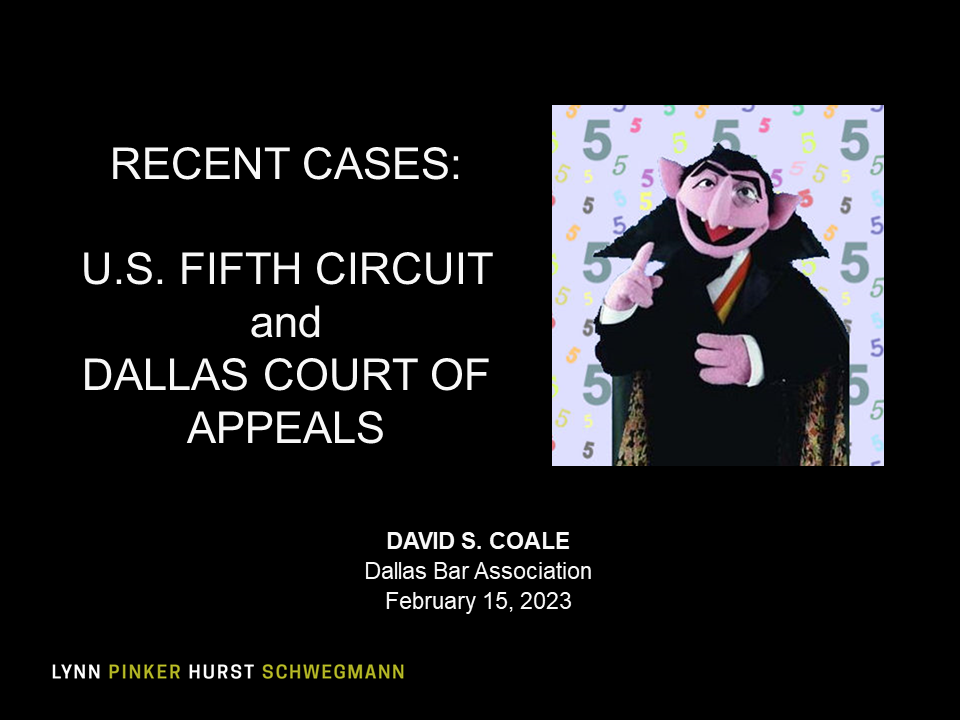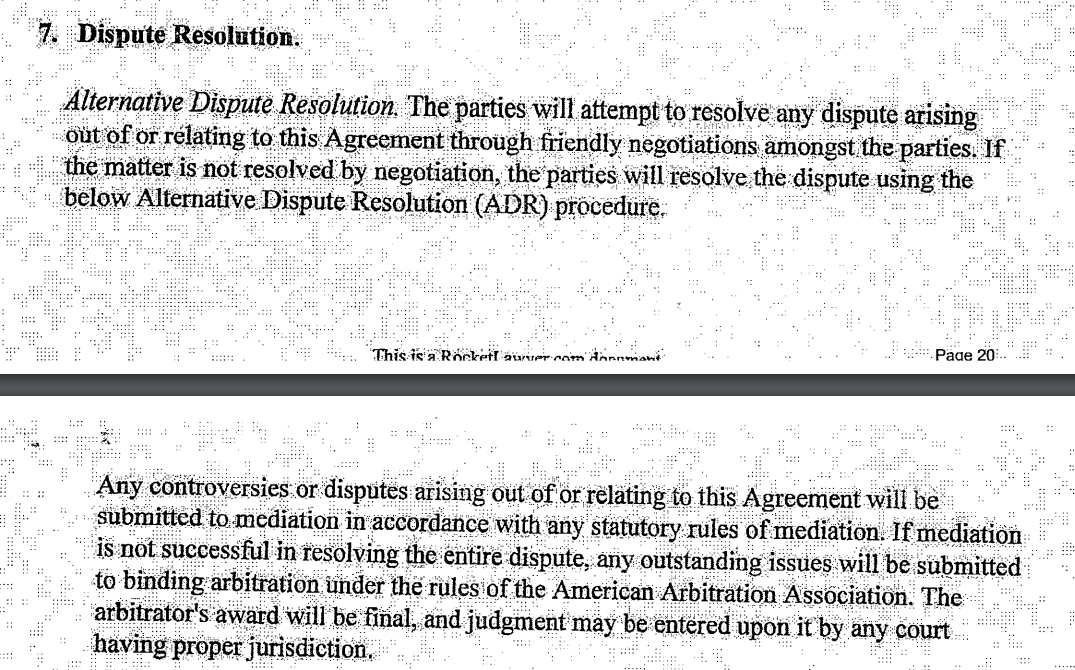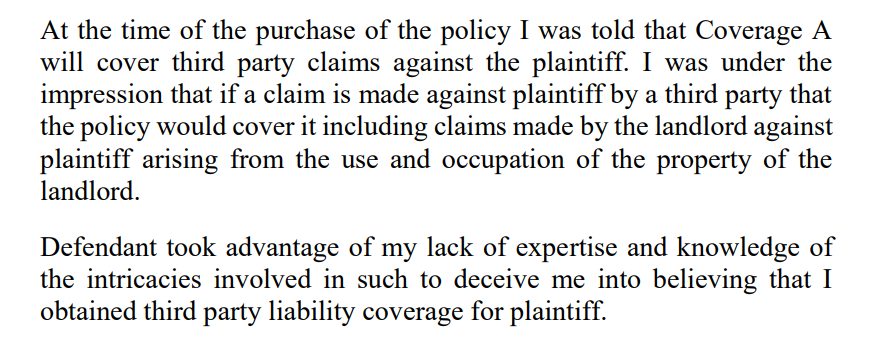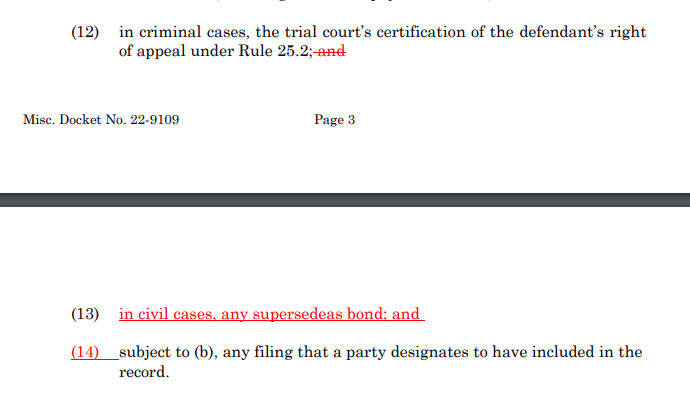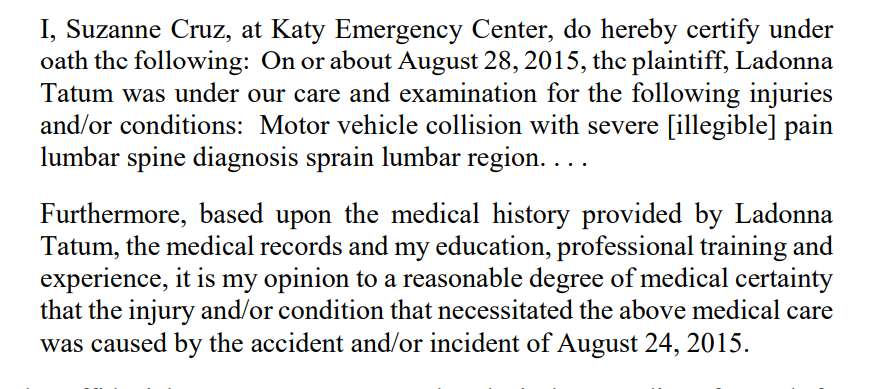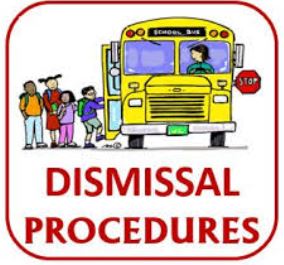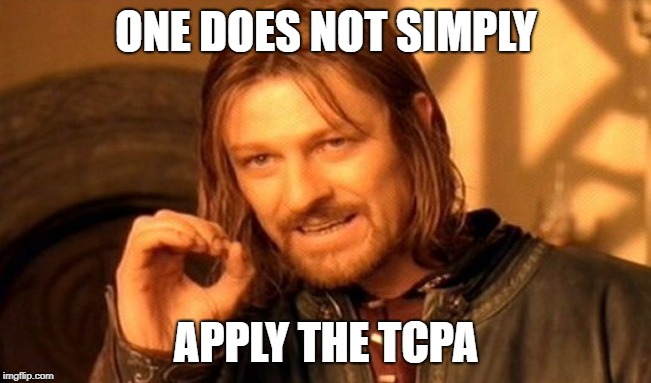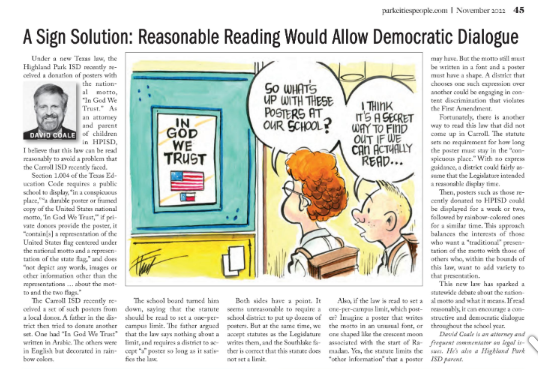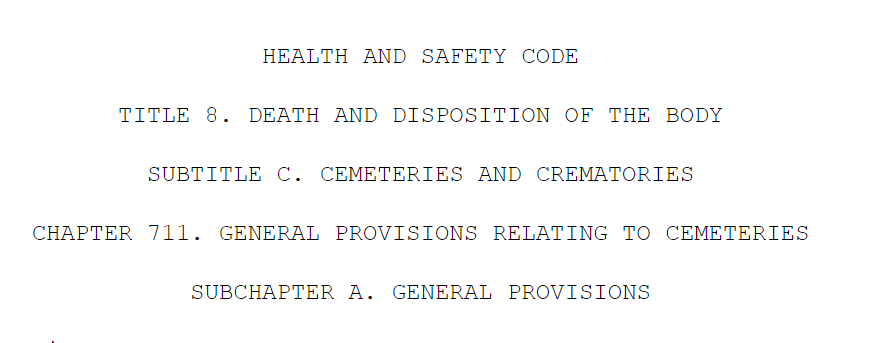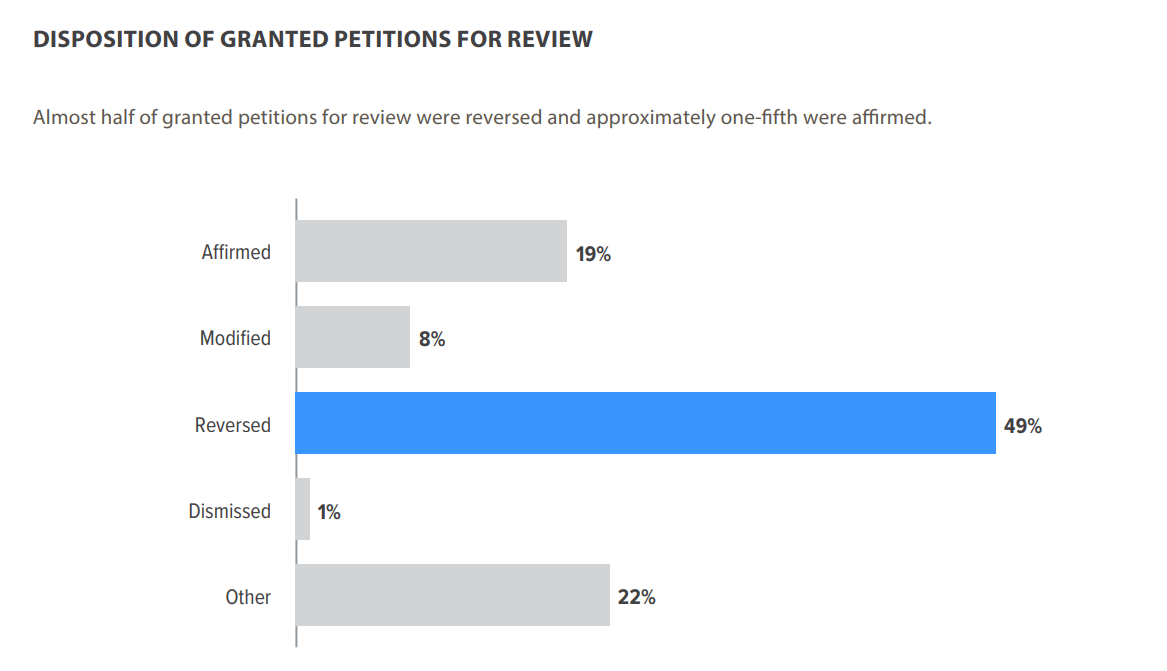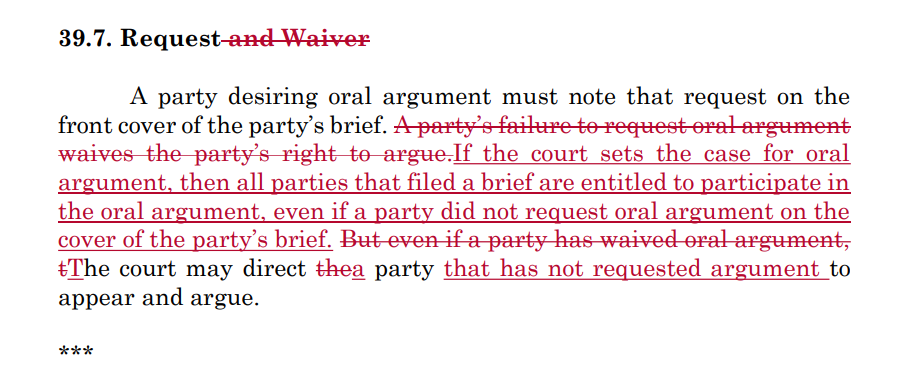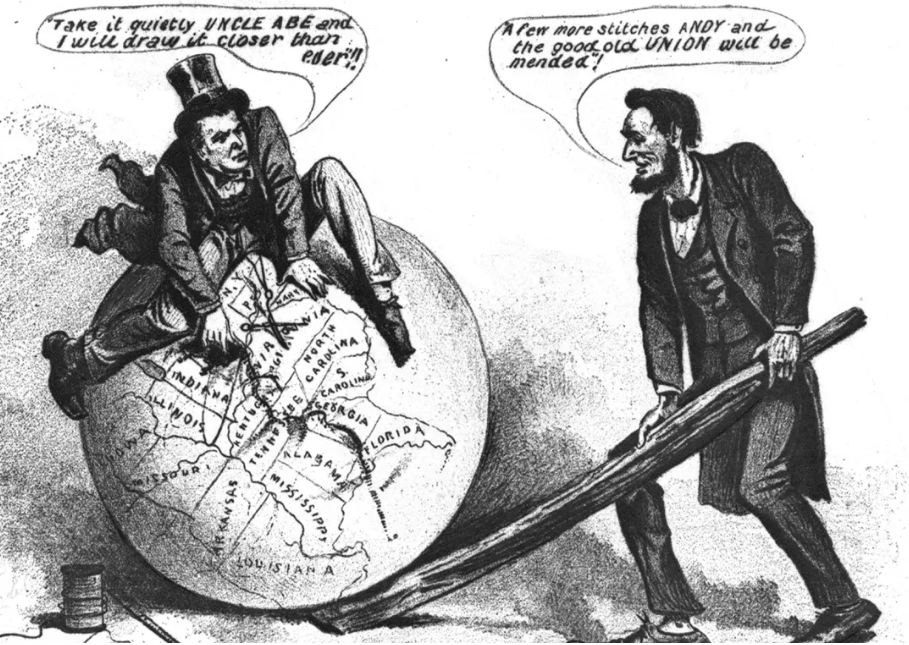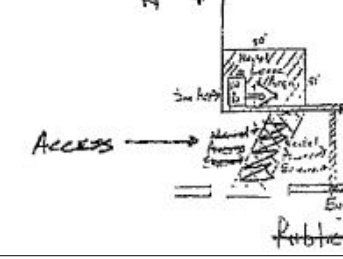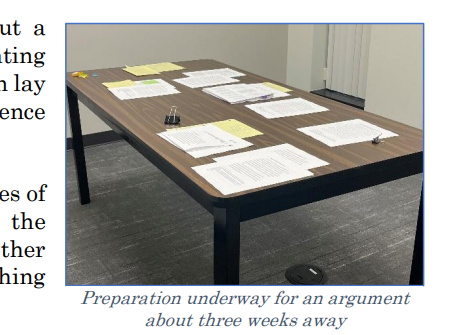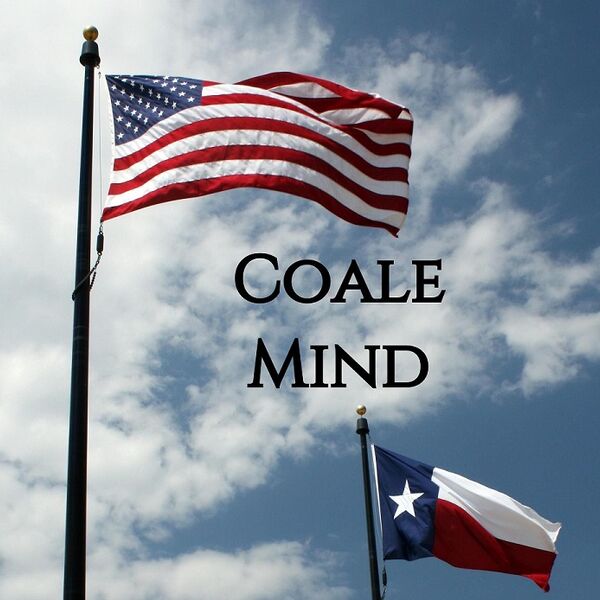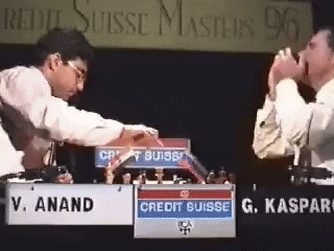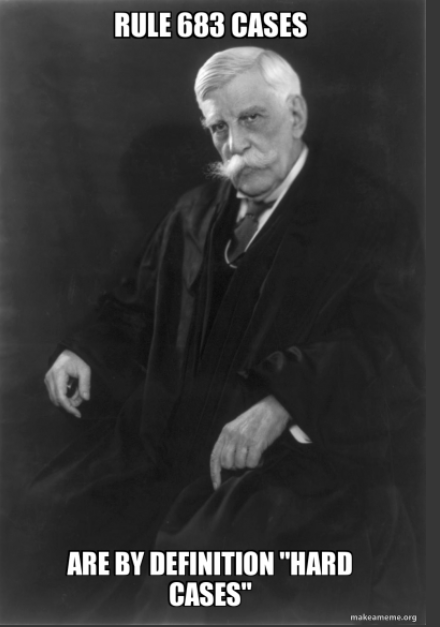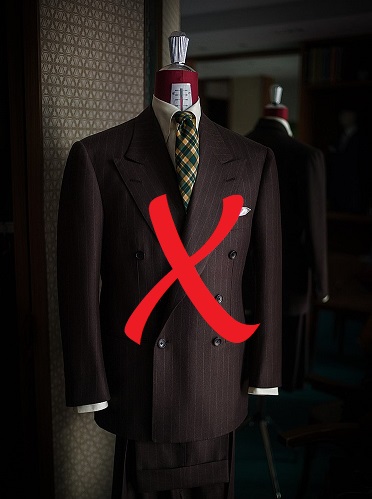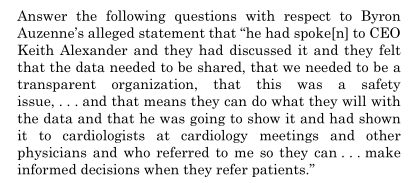 Delaware corporate law has a robust line of authority about the advancement of attorneys’ fees during litigation; Texas, not so much, which is why In re Demattia is important to know. The case involved a typical advancement provision in an LLC’s organizational documents:
Delaware corporate law has a robust line of authority about the advancement of attorneys’ fees during litigation; Texas, not so much, which is why In re Demattia is important to know. The case involved a typical advancement provision in an LLC’s organizational documents:
“(a) the Company shall indemnify each Member who was, is, or is threatened to be made a party to any threatened, pending, or completed action, suit, or proceeding (‘Proceeding’), any appeal thereof, or any inquiry or investigation preliminary thereto, by reason of the fact that he or she is or was a Member ….”
in the context of the LLC’s suit against a former member for the alleged theft of trade secrets. Even in that setting where the member was adverse to the company, the Fifth Court held that the provision was enforceable, drawing on the principles established in Delaware law:
The board may well have a firm basis to believe that the official intentionally injured the corporation and is therefore reluctant to advance funds for his defense, fearing that the funds will never be paid back and resisting the idea of seeing further depletion of corporate resources at the instance of someone perceived to be a faithless fiduciary. But the Delaware courts have determined that to ‘give effect to this natural human reaction as public policy would be unwise’ because the possibility exists that the company’s allegations are untrue or cannot be proven.
Based on that conclusion, the Court granted mandamus relief as against a summary-judgment ruling adverse to the member on the issue of his entitlement to fee advancement. Notably, because of the limited scope of the order under review, the opinion addressed only the entitlement to fees, and not the specific procedural mechanism under Texas law for obtaining payment. No. 05-21-00460-CV (April 12, 2022).







